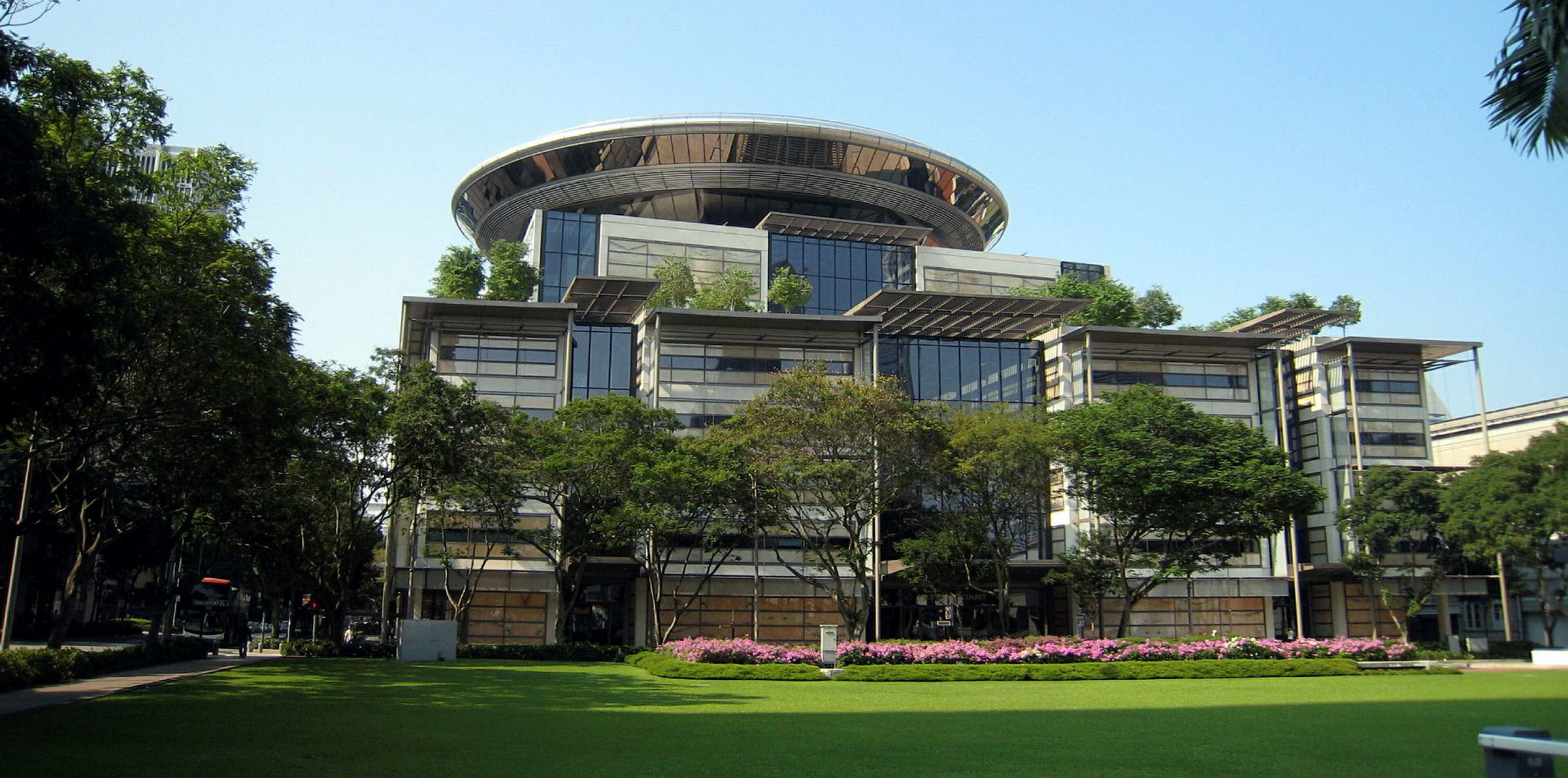Precious Shipping has fought off a legal challenge in the UK High Court by shipbuilder Sainty Marine over cancelled bulker contracts.
UK Commercial Court Justice Christopher Butcher dismissed an attempt by the Chinese shipyard, now known as Jiangsu Guoxin, to overturn arbitration awards made in 2018.
The case related to Hulls No 21 and 22, part of a series of 14 64,000-dwt bulkers ordered by Precious in 2013 and 2014, using an amended Shipbuilders Association of Japan (SAJ) form.
Precious has previously said it had made a claim for $64m for nine of these newbuildings.
The first two ships were delivered, but the next four were rejected by Precious, which alleged that they were designed or built in a defective manner and were susceptible to stern tube bearing failures.
Sainty claimed this was unlawful, which the shipbuilder said was partly because it had rectified the defect before tendering the vessels to Precious.
The appeal was not concerned with these issues, but its consequence, namely that the four ships were left in their berths, delaying the launch of Hulls No 21 and 22.
These were due to be delivered by 31 August 2015, but on 29 January 2016, 151 days after the contractual delivery date, Precious terminated the contracts due to 'non-permissible delays'. The contracts allowed it to do this after 150 days.
'Prevention principle'
Sainty argued the 'prevention principle' applied in the case, which is designed to prevent a company benefiting from its own defaults.
The yard alleged Precious failed to make payments on time. Sainty also had to take time to investigate and make modifications to the stern tube bearings, it said.
The yard claimed the delivery time was set 'at large', ie within a reasonable time rather than on a specific date, as a result of the "unlawful" rejection of hulls 17 to 20.
Precious however argued that the shipbuilding contracts provided a "complete code" of the circumstances in which Sainty was allowed to extend delivery dates and that the prevention principle did not apply.
Butcher agreed that the principle did not apply to an amended SAJ Form shipbuilding contract, and said a shipyard must give notice or communicate if it wanted to move delivery dates.
"I consider that it is implicit that there must be communication of whether the seller has chosen that the delivery date should be postponed. In almost all cases, that choice would need to be made and communicated before the contractual delivery date," he said.
Leave to appeal granted
But in an unusual step for a first instance court, the judge gave permission for Sainty to take the case to the Court of Appeal.
Twenty Essex Street barrister Andrew Dinsmore, who appeared for Precious, argued that it is clear that the SAJ Form makes it clear that notification and communication are key to moving delivery and cancellation dates.
"This accords with commercial common sense because, as the court noted, 'both parties need to know where they stand'," he said
"This is particularly important in the context of the Covid-19 pandemic where there are likely to be shipyards that have had to cease construction and buyers that are unable to take delivery (eg they cannot get a crew to the shipyard to man the vessel)."
Butcher's judgment makes clear that proper notice is required when a seller seeks to extend a newbuilding's delivery date, the barrister said.
Dinsmore said the judgment was also significant because it was one of the first Commercial Court hearings by telephone following the Covid-19 outbreak.
As the court noted, this was “highly effective. Each counsel made focused, clear and helpful submissions, and [the Court] did not consider that anything of significance was lost by reason of the fact that the parties were not in the same physical location as the judge." he said.





